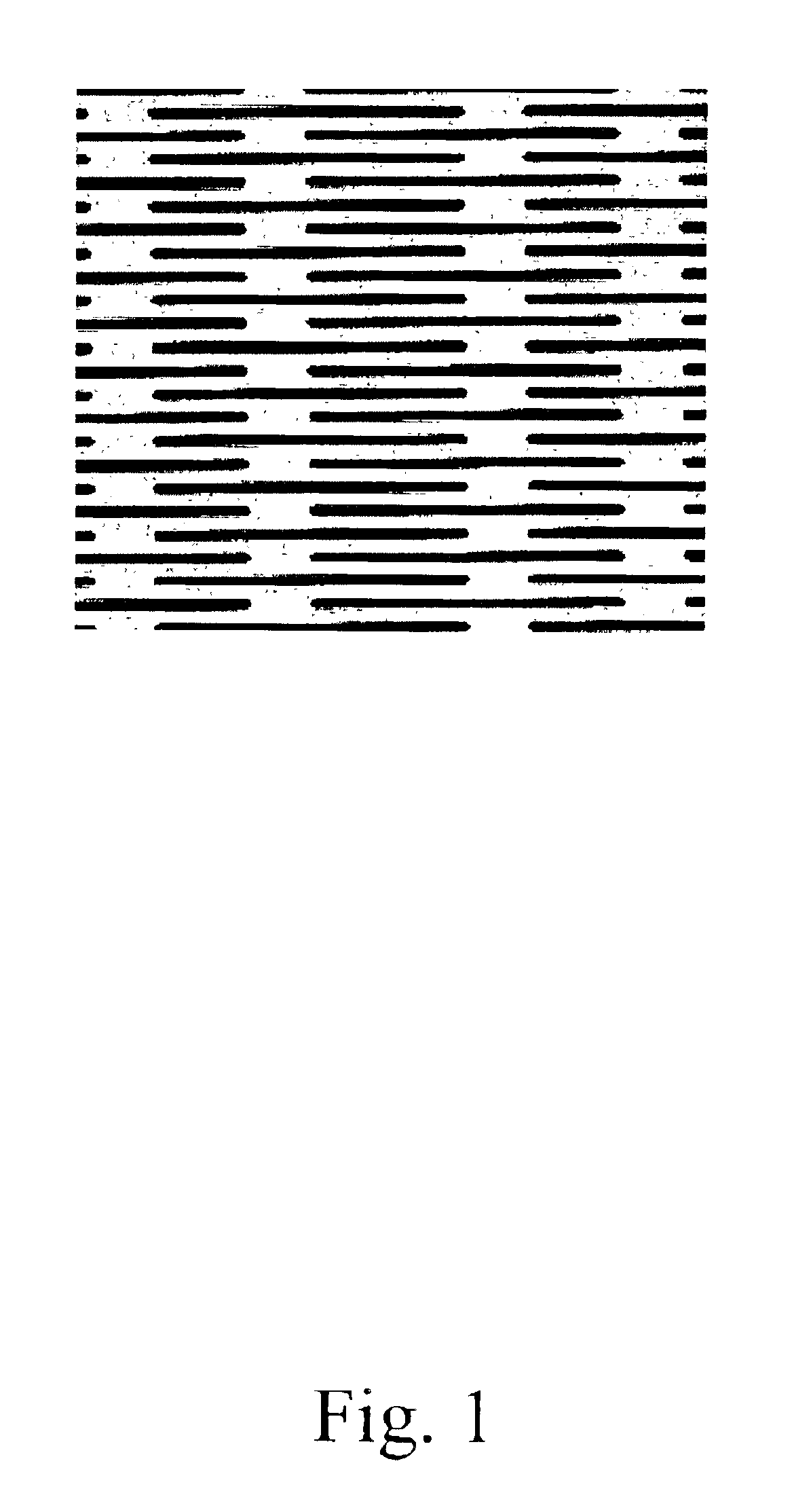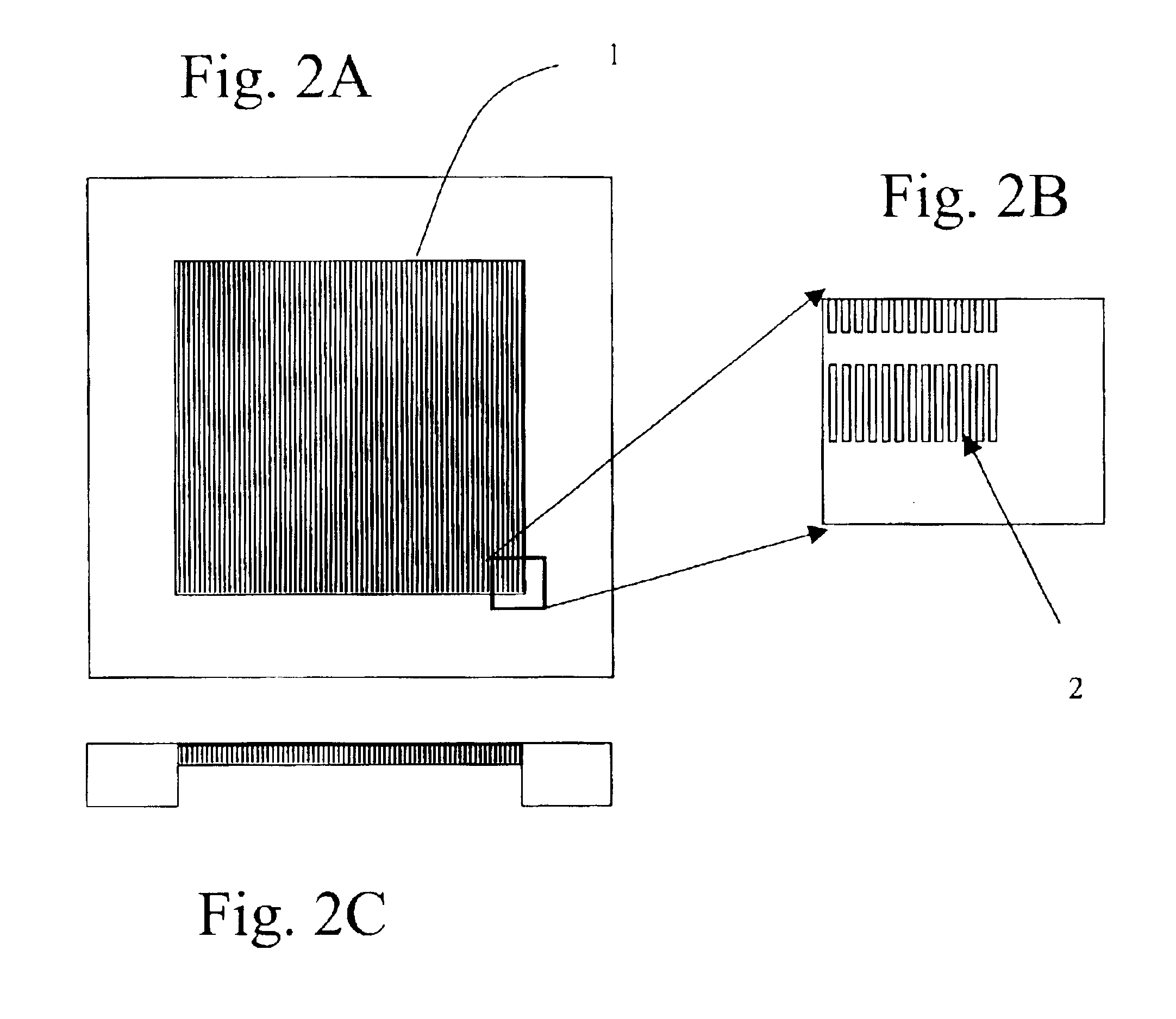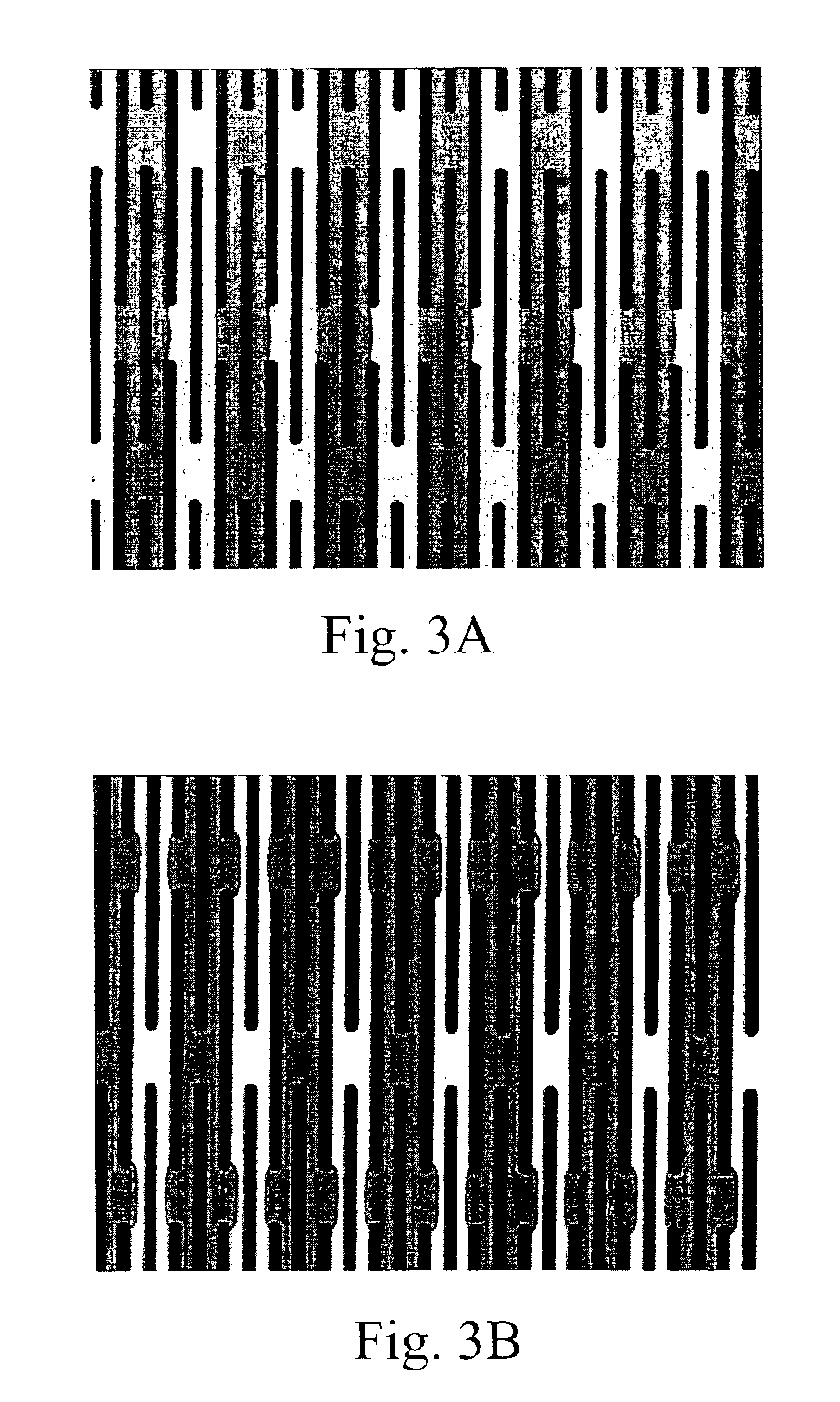Methods, compositions, and automated systems for separating rare cells from fluid samples
a technology of rare cells and fluid samples, applied in the field of bioseparation, can solve the problems of difficult automation, high labor intensity of separation, and small filtration area of filters, and achieve the effect of facilitating diagnosis and prognosis
- Summary
- Abstract
- Description
- Claims
- Application Information
AI Technical Summary
Benefits of technology
Problems solved by technology
Method used
Image
Examples
example 1
Isolation of Fetal Nucleated Red Blood Cells from a Maternal Blood Sample
Preparation of Magnetic Beads
[0389]Magnetic beads for the capture of nucleated red blood cells were prepared during the processing (centrifugation) of collected blood. For each 1 milliliter of anticipated final cell preparation, twenty microliters of commercially available streptavidin magnetic beads (Bang's Laboratories) were used, to give a ratio of 10 to 30 beads per target cell, or 5 to 20 micrograms of iron per milliliter of solution. The beads were diluted ten-fold with PBE (PBS containing 0.5% BSA and 5 mM EDTA) and pipeted into a 12×75 mm polypropylene tube. The beads were collected with a magnet placed along the side of the tube for ten minutes. The supernatant was removed, and the washing process was repeated twice. The beads were finally resupended in ten times their original volume of PBE.
Preparation of DEP Chip
[0390]During antibody enrichment of nucleated red blood cells (below) a parallel electrod...
example 2
Comparison of Commercially Available Antibodies for the Selective Removal of White Blood Cells from Maternal Blood Samples
Preparation of Magnetic Beads
[0405]Preparation of the 0.8 micron diameter magnetic beads was performed during the processing (centrifugation) of collected blood. For each 1 milliliter of anticipated final cell preparation, fifteen microliters of streptavidin-coated magnetic beads, or approximately ten to thirty beads per target cell, were used. The beads were diluted ten-fold with PBE (PBS containing 0.5% BSA and 5 mM EDTA) and pipeted into a 12×75 mm polypropylene tube. The beads were collected with a magnet placed along the side of the tube for ten minutes. The supernatant was removed, and the washing process was repeated twice.
Density Gradient Centrifugation of Blood Samples
[0406]Twenty to forty milliliter post-surgery peripheral blood samples from women who had undergone clinical abortion at the sixth to the sixteenth week of pregnancy were collected in tubes...
example 3
Isolation of Fetal Nucleated Red Blood Cells from a Blood Sample
Preparation of Magnetic Beads
[0413]Bead preparation was performed during the centrifugation of collected blood. For each 1 milliliter of anticipated final cell preparation, twenty to forty microliters of streptavidin-coated 0.8 micron magnetic beads, or approximately ten beads per target cell, were used. The beads were diluted ten-fold with PBE and pipeted into a 12×75 mm polypropylene tube. The beads were collected with a magnet placed along the side of the tube for ten minutes. The supernatant was removed, and the process was repeated twice.
Density Gradient Centrifugation of Blood Samples
[0414]A ten milliliter peripheral blood samples from a pregnant woman was collected in a tube rinsed with PBE (PBS containing 0.5% BSA and 5 mM EDTA). Approximately four thousand fetal liver cells that include nucleated red blood cells, dissected from an eighteen week gestational age male human abortus, were added to the maternal bloo...
PUM
 Login to View More
Login to View More Abstract
Description
Claims
Application Information
 Login to View More
Login to View More - R&D
- Intellectual Property
- Life Sciences
- Materials
- Tech Scout
- Unparalleled Data Quality
- Higher Quality Content
- 60% Fewer Hallucinations
Browse by: Latest US Patents, China's latest patents, Technical Efficacy Thesaurus, Application Domain, Technology Topic, Popular Technical Reports.
© 2025 PatSnap. All rights reserved.Legal|Privacy policy|Modern Slavery Act Transparency Statement|Sitemap|About US| Contact US: help@patsnap.com



